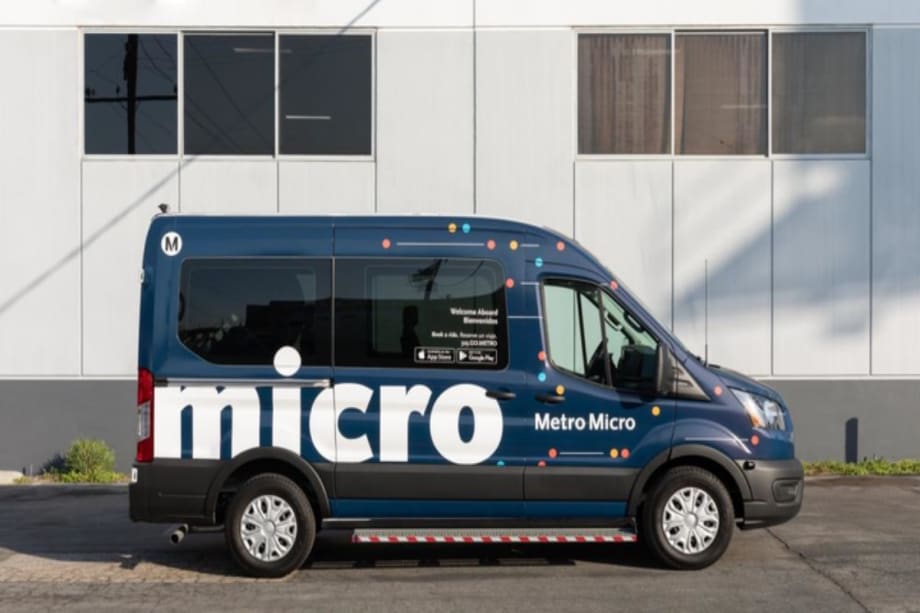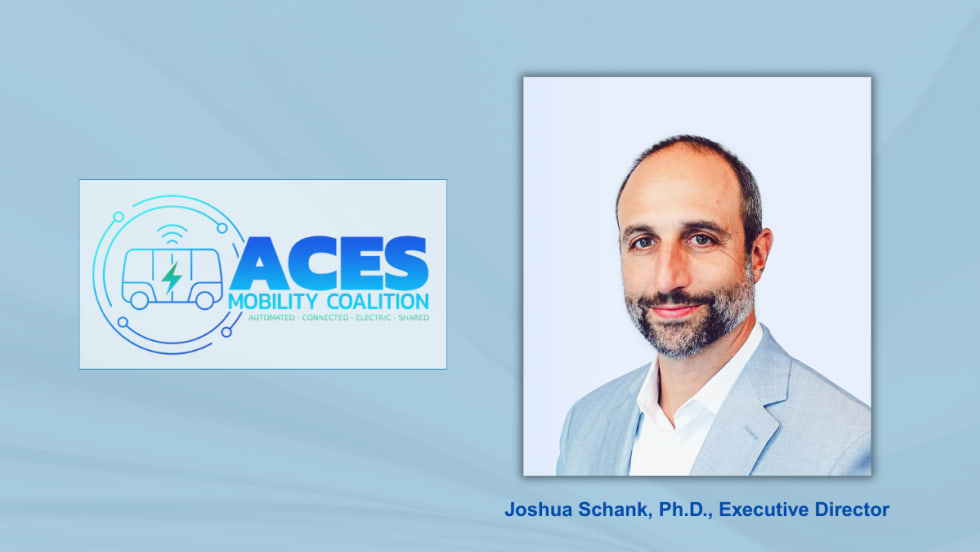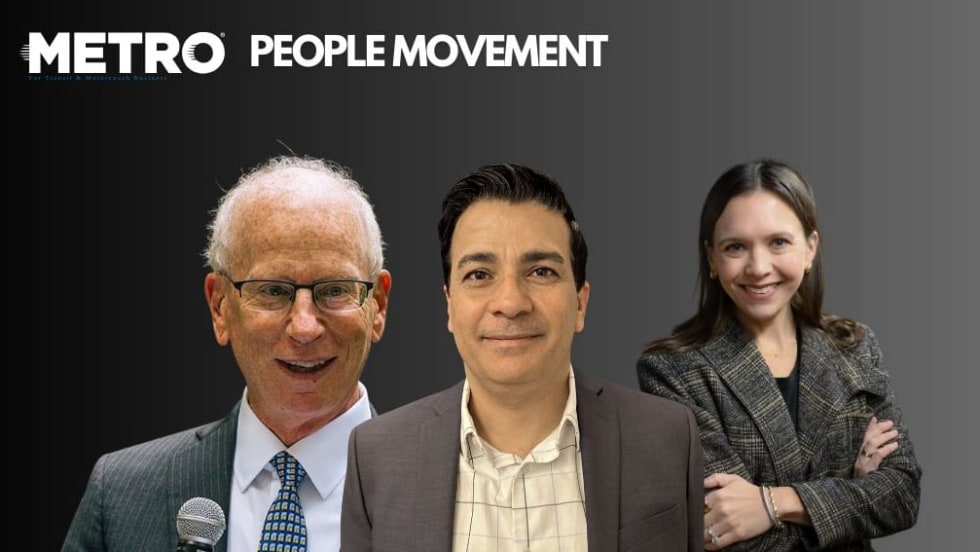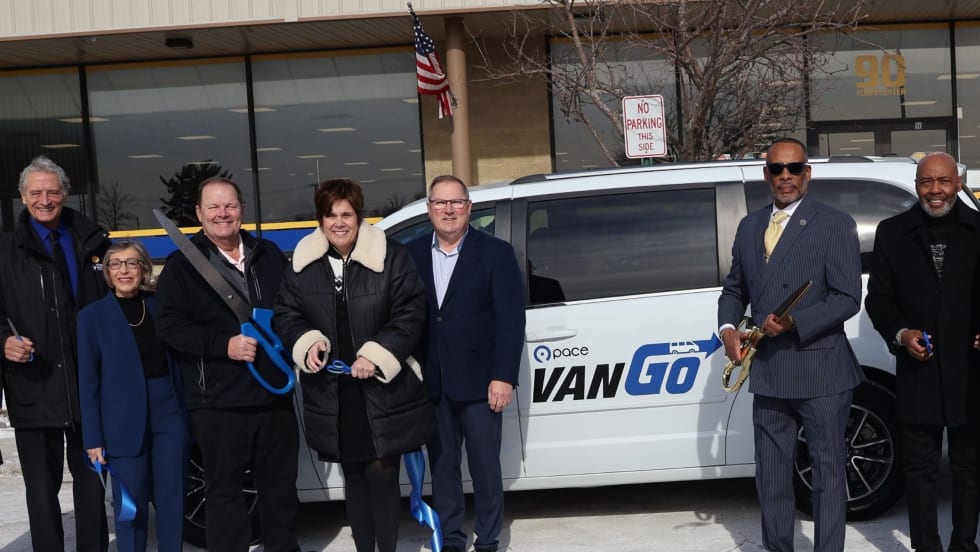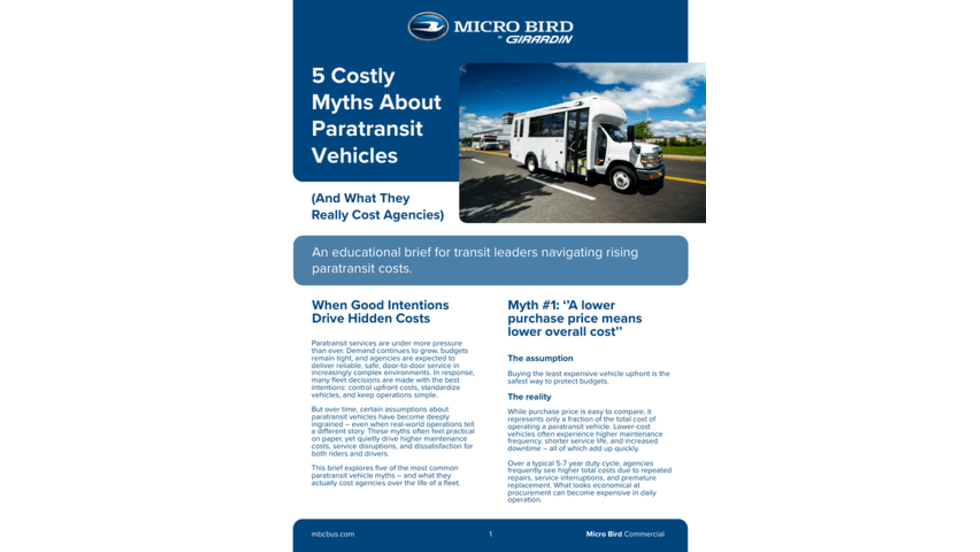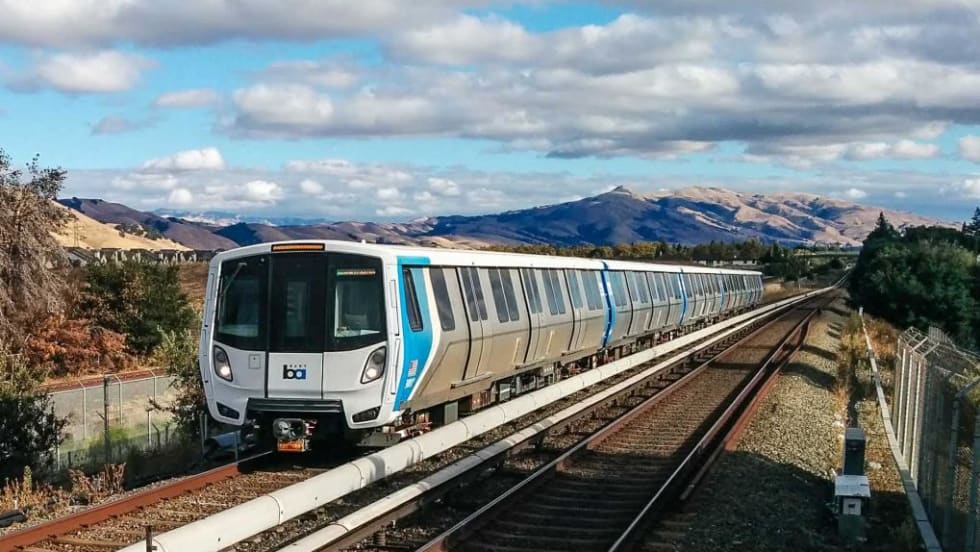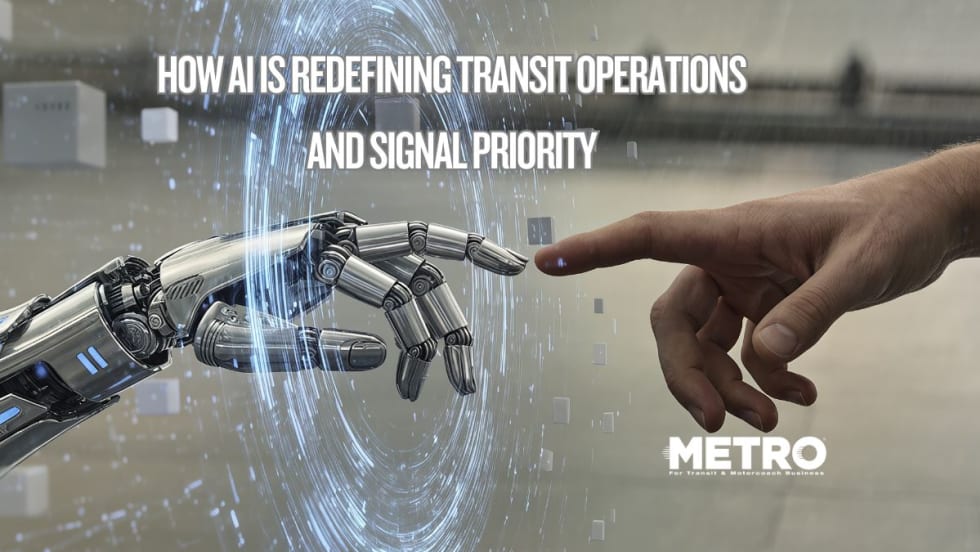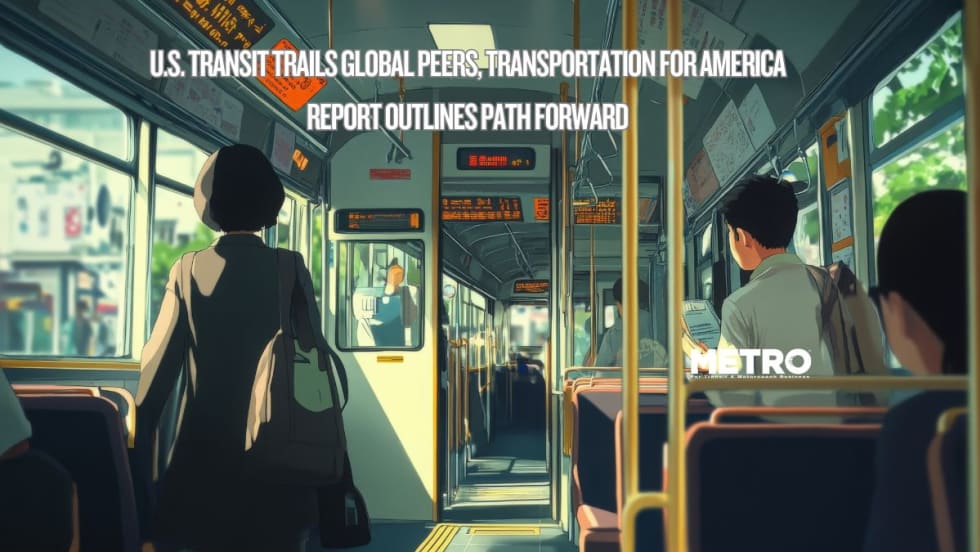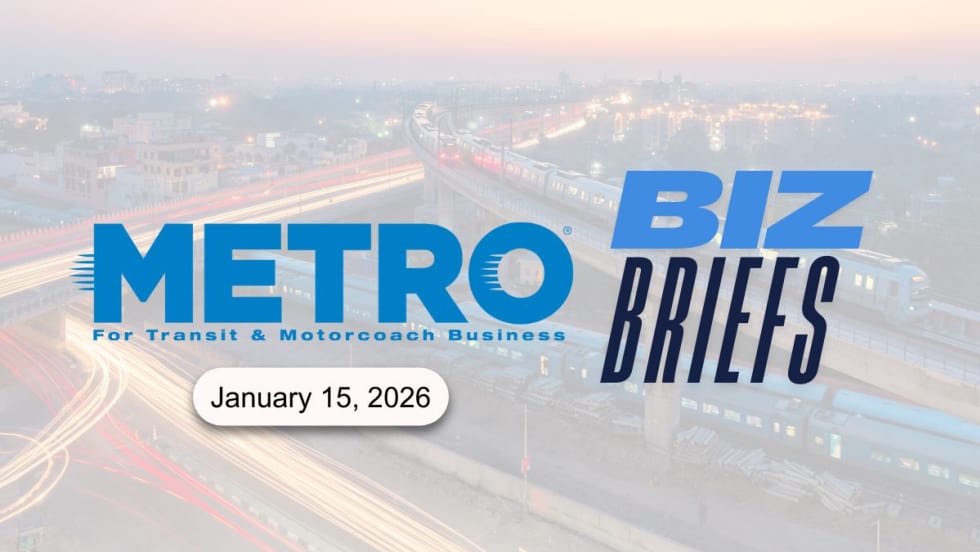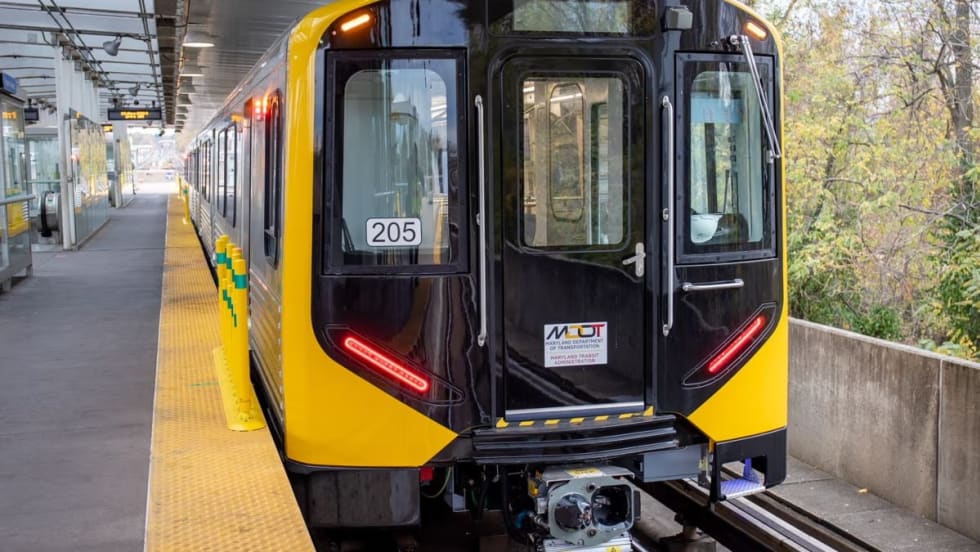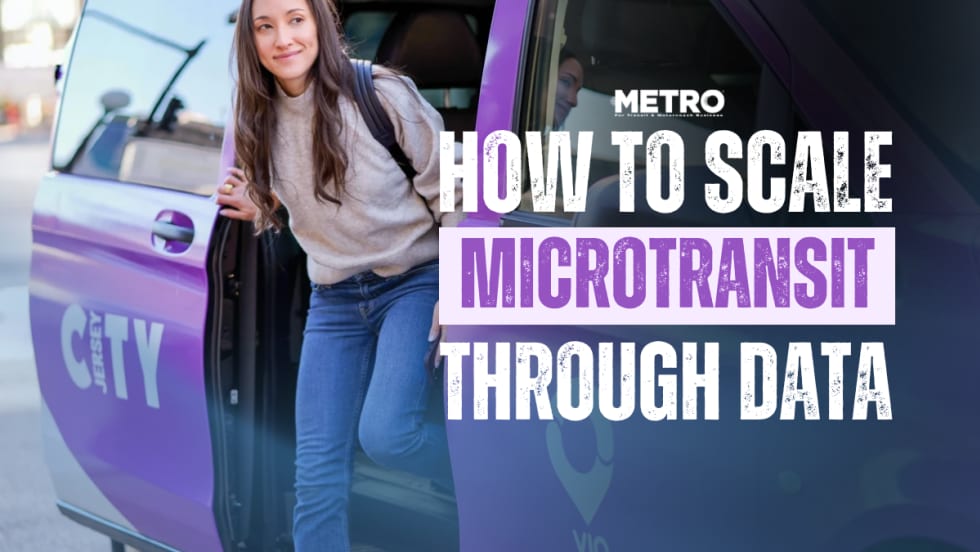The association released a new report titled "Mobility Innovation: The Case for Federal Investment and Support."
The American Public Transportation Association (APTA) released a new report, "Mobility Innovation: The Case for Federal Investment and Support," highlighting the innovative potential of the public transit industry across several companies.
“The COVID-19 pandemic has forced the industry to pivot and find new and innovative ways to work, serve customers, deliver programs — and ultimately adapt to new ways of doing things, “ said APTA president and CEO Paul P. Skoutelas. “U.S. transit agencies are readily experimenting with their traditional service models — finding approaches to offer services in new ways or offer entirely new services.”
The companies discussed their new service model to address a need they saw in their community.
Mass Transportation Authority (MTA) Flint’s Rides to Wellness (R2W) program provides eligible residents in Genesee County, Michigan, with reliable non-emergency medical transportation services. The program has provided more than 300,000 trips since 2016 with the use of a ride-hailing-like model.
“The landscape of public transit is changing and passengers of all ages and incomes require new and varied travel options,” said Edgar Benning, GM/CEO of Flint MTA. “Investing in mobility innovation and allowing public transit agencies the freedom to implement new mobility options is critical to public transportation staying relevant and successfully serving its passengers.”
Pinellas Suncoast Transit Authority (PSTA) developed its Transportation Disadvantaged (TD) Late Shift program. The company partnered with mobility providers, Uber, Lyft, a local taxi company, and a wheelchair transport provider to help low-income residents travel to and from work when there is no regular bus service available.
The program launched in 2016 and provides fully subsidized, on-demand, door-to-door service to or from a place of work within the county limits with an average response time of five to seven minutes.
“All of our mobility innovations at PSTA, like our great TD LateShift program, are designed to enhance, not replace our traditional public transit services,” said Brad Miller, CEO of Pinellas Suncoast Transit Authority (PSTA), St. Petersburg, Florida. “We know how important mobility is to connect people with their jobs that support their families. By doing this through partnerships that support our traditional public transit services is a win-win for everyone.”
Launched in 2017, Greater Dayton Regional Transit Authority (RTA) Connect On-Demand program is a 24-hour, seven-days per week, year-round service available to any RTA customer traveling within designated service areas in the Greater Dayton area, according to the report.
The program provides transportation options when a fixed-route service is either limited or unavailable. The service is free of cost to riders.
According to data from 2019, 70% of all Connect On-Demand trips were first- and last-mile connections to bus routes, boosting ridership on fixed-route service.
“Dayton RTA customers have absolutely benefited from Connect On-Demand. With On-Demand, customers in previously unserved and underserved areas are now able to access and connect to our mainline system, taking them to more destinations than ever before,” said Brandon Policicchio, chief customer and business development officer, Greater Dayton RTA.
The Regional Transportation Commission (RTC) of Washoe County, Nevada partnered with MTM Transit, RTC’s partner for Americans with Disabilities Act (ADA) paratransit services to bring its FlexRIDE program.
This microtransit system replaced fixed routes with on-demand service. MTM Transit uses a software application to identify pick-up and drop-off locations. It also manages the driver dispatch. RTC uses its paratransit contracted services and vehicles to provide the on-demand service, according to the report.
“The way we deliver transit to our community is changing,” said Mark Maloney, RTC director of public transportation, RTC Wahoe County. “To remain competitive, we need to be innovative and flexible in developing solutions to best meet the needs of our customers, especially post-pandemic, that is more convenient and welcoming.”
The final programs discussed in the report were Johnson County Government’s RideKC Micro Transit and Los Angeles Metro’s LA Mobility On-Demand.
RideKC Micro Transit provided to previously unserved and underserved areas (low density areas) in Johnson County, Kansas. According to the report, 12% of trips would not have been made without the service.
The LA Mobility On-Demand program served equity-challenged neighborhoods in Los Angeles. Seven percent of program riders did not use LA Metro before the program launched in 2019.
“Microtransit in Johnson County has been an innovative step in providing increased mobility in a less-dense, suburban environment, and a great option to connect riders to existing fixed route services,” said Janeé Hanzlick, 4th district commissioner of Johnson County, Kansas. “One of the priorities for the Board of County Commissioners is to provide improved services for vulnerable populations, and the recent expansion of our service area does just that by focusing on areas of lower income, disability and households with fewer transportation choices.”



